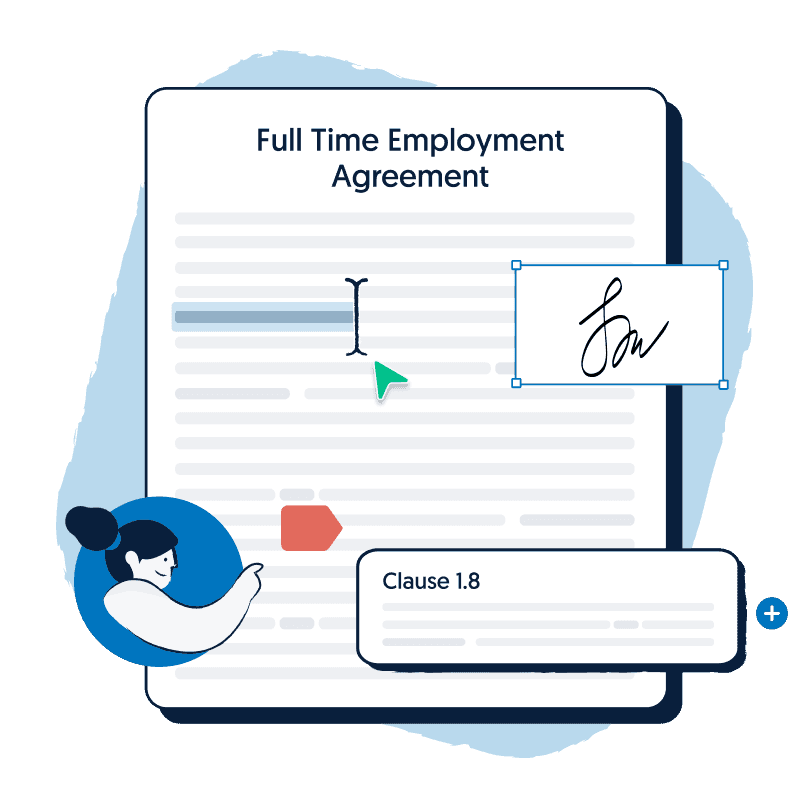Mahima is an intern at Lawpath, and is currently studying a Bachelor of Laws degree with a major in Criminology at Macquarie University. Mahima has an interest in legal tech alongside cyber security and criminal law.
Key Points
- Smoking breaks are not a legal entitlement under Australian laws and regulations.
- You may use your rest breaks or meal breaks to smoke if not expressed otherwise by the award, enterprise or employment agreement with which you have a contract with
- Additionally, employers have the right to set boundaries regarding smoking breaks
Employees are entitled to a number of benefits when working such as medical benefits and paid leave. However, there is some tension when discussing whether employees are entitled to smoking breaks. The article will discuss what the procedures surrounding the area of smoking breaks are and what employees are entitled to.
Smoking Breaks
Employers do not have an express requirement to allow employees to take a smoking break that is separate from their meal or rest breaks. Under the Fair Work Act 2009 (Cth), there are no specific entitlements for employees to be able to take smoking breaks. Modern awards and enterprise agreements lay out rest and meal breaks that your employer has with you.

Get your Full Time Employment Agreement legal document for free.
Awards and Employment Agreements
Awards
Employees can see the duration and amount of breaks they are entitled to through Awards. Typically these breaks include both unpaid and paid rest and meal breaks. Further, there are a number of standards that award types may dictate such as:
- Firstly, length of the breaks
- Sec the breaks need to be taken
- The rules about payment
Visit the Australian Government Fair Work Ombudsmen website for more information on some of these Awards and standards.
Industry Standards
An employee may be subject to the industry standards of the particular industry they are a part of. For instance, if an employee is a hairdresser then they are more then likely to be a part of the Hair and Beauty Award. An employee who is covered by an enterprise agreement could be excluded from being a part of an Award.
Essentially, the industry in which an employee works will determine the amount of breaks they get and how long they will go for. The number of hours an employee works in a day affects their break entitlements.
Employment agreement
Moreover, employment agreements play a large role in specifying the amount and duration of employee’s breaks as well. However, it is up the discretion of an employer to determine whether they want to lengthen the duration of the breaks above the standards of awards and industry requirements. Employers are able to implement smoking breaks into the company’s policy if they want. If you are confused about any boundaries, it is best to seek clarification directly from your employer.
General break entitlements
Here is a breakdown of the the break entitlements afforded for each period of work.
| Hours Worked | Rest Breaks (Paid) | Meal Breaks (Unpaid) |
| < 4 | No rest | No meal |
| More than 4, < 5 | 1 rest break (10 mins) | No meal |
| More than 5, < 7 | 1 rest break (10 mins) | 1 meal break (30-60 mins) |
| 10 or more | 2 rest breaks (10 mins each) | 2 meal breaks (30-60 mins each) |
If you are seeking more information on break entitlements suitable for your own particular industry, click here or for some more general information click here.
If you are unsure about employee entitlements, it is best to consult an employment lawyer who can provide tailored legal advice to your situation.

Get a fixed-fee quote from Australia's largest lawyer marketplace.






